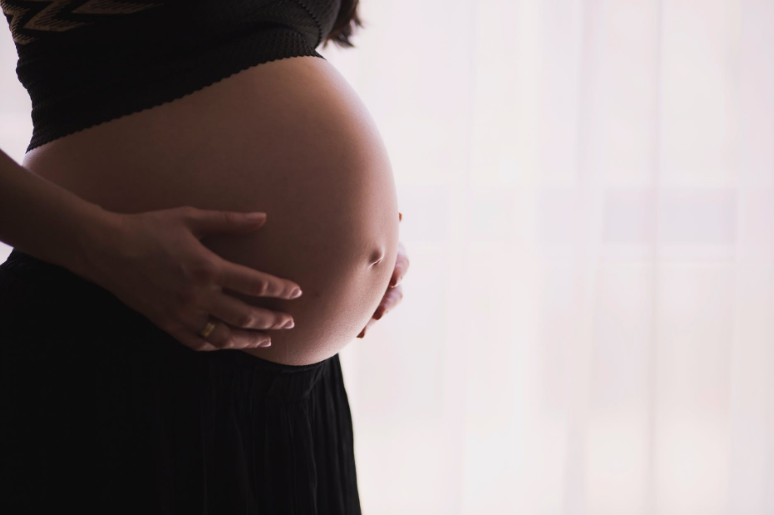In recent reports, the British government has now ruled that all NHS and private clinics should stop IVF treatments. They said that they made this decision based on expert advice with regards to the coronavirus pandemic.

Women to lose their chances of having a baby as clinics stop treatments due to the coronavirus
Thousands of women across the United Kingdom could miss their chance of becoming mothers as IVF treatment centers are forced to close this week due to the ongoing coronavirus pandemic.
The NHS and private clinics will now halt treating women that are currently undergoing IVF treatment according to the April 15 ruling of the Human Fertilization and Embryology Authority (HFEA). According to HFEA, as told by The Daily Mail, patients who are currently in the middle of an IVF cycle will most likely have their treatment suspended indefinitely.
All procedures have already been banned and outlawed for safety precautions due to the novel coronavirus.
Some of the women may be too old to receive IVF treatment by the time lockdown is lifted
Some 68,000 women who chose to have IVF treatments in the United Kingdom every year are either in their late 30s or early 40s. There are now fears that some of these women will likely be too old to undergo IVF by the time lockdown is lifted.
A member of the UK-based reproductive research charity Progress Educational Trust, Dr. Catherine Hill, told the The Guardian that "You can't rewind your biological clock, Time is of the essence when it comes to fertility treatment. For some people, this shutdown means they may never become parents. This was going to be their last chance and they're not able to have it - that is deeply distressing and traumatizing."
According to the NHS, when it comes to the success rates, these have gone from 23% with women between 35 to 37 years old, down to 9% for those women 40 to 42 years old. Private clinics have usually refused to treat those who are 45 years old and above, while clinical commissioning groups of the NHS do not generally allow women a second chance at IVF after they turn 40 years old.
All women are now being urged to not have IVF treatments done during this time, as there are fears that the coronavirus will negatively affect their pregnancy.
Medical chief advisor of the United Kingdom, Professor Chris Whitty, has stated that although mothers-to-be are strongly advised to follow social distancing, there is currently no way of knowing if there is, indeed, any kind of coronavirus-related complication that could be expected in pregnancy.
Whitty has also said that "Infections and pregnancy are not a good combination in general and that is why we have taken the very precautionary measure while we try and find out more."
Read Also: COVID-19 Might Stop 117 Million Children From Getting Their Measles Vaccine, UNICEF warns
ⓒ 2025 TECHTIMES.com All rights reserved. Do not reproduce without permission.




